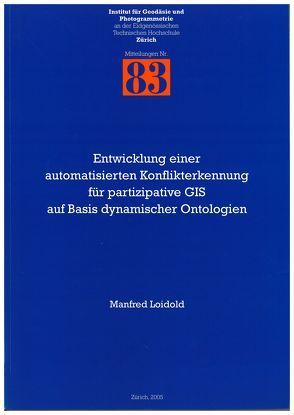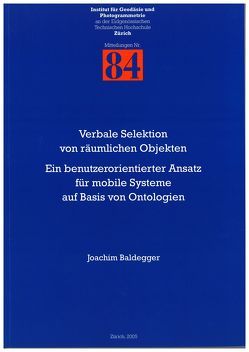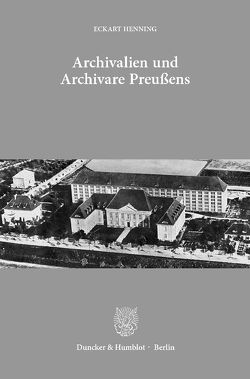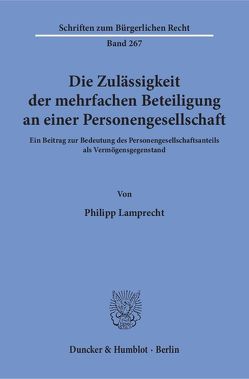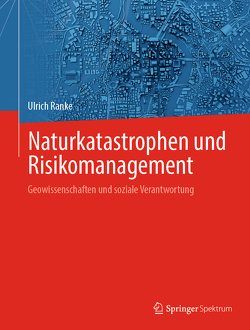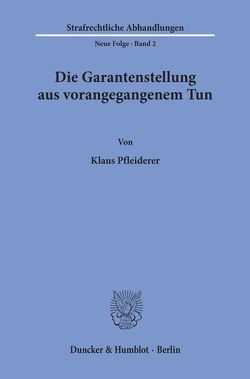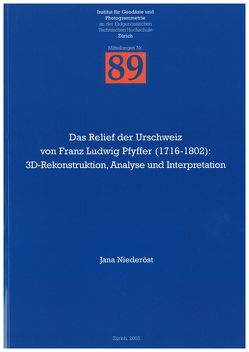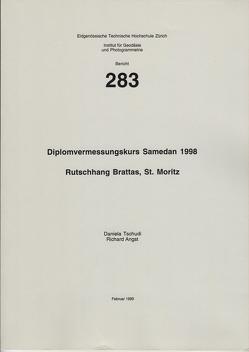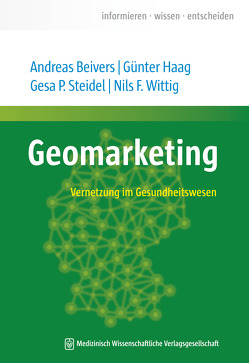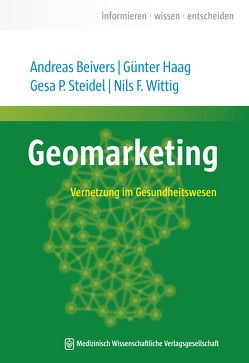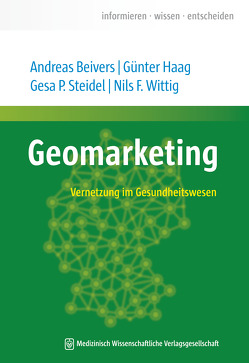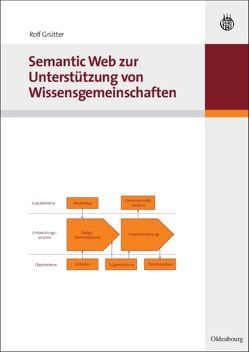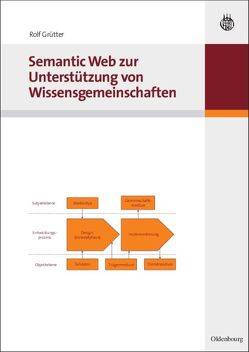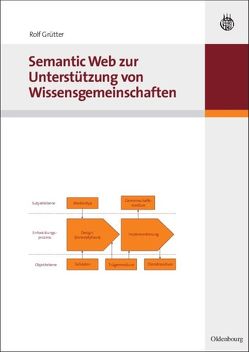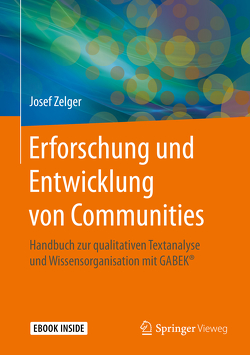Entwicklung einer automatisierten Konflikterkennung für partizipative GIS auf Basis dynamischer Ontologien
Christine Giger, Manfred Loidold
The dissertation aims to support GIS-based planning processes by providing an automated conflict resolution method. The approach goes beyond the objectives of a useful and useable multi-user environment: The hypothesis of the approach states that the participants‘ interaction data contains knowledge about their intentions and cooperativeness, which is a basic requirement for a successful conflict resolution. The type of conflict is essential for developing a successful conflict solving strategy.
Social sciences distinguish between two types of conflict:
• The conflict on distribution is characterised by an essential common value which is shared by all participants.
• The conflict on values is caused by different, often contradictory values.
In contrary to conflicts on distribution, conflicts on values cannot be solved by negotiations because values are not negotiable.
Thus individual values are the key to conflict resolution. Values direct attitudes, which again result in characteristic activities. In case of a participatory planning process, these activities are acquired by the interaction data set. They enable us to draw conclusions about the particular attitudes and finally the underlying values. The more the schemes of activities are spread, the wider is the range of values and the more probable is the dominance of a conflict on values.
The analysis of the interaction data is based upon the concept of the intentional model by John F. Sowa describing the intentional influence of an interacting participant on the resulting modifications. In order to state the difference between the original data set and the modified results, the ontologies of spatial objects are described in their spatio-temporal dynamics and the geometric, topological, attributive and temporal components are analysed.
Thus, six criteria were conceptualised, formalised, and implemented, in order to analyse the participants‘ interactive behaviour patterns in relation to the following characteristic activities:
• Spatial narrow-mindedness by the bounding box containing the interaction data.
• Thematic narrow-mindedness by ratio of modified themes.
• Thematic focus by the relative number of interactions concerning the specific object, which triggered and caused the participatory process (topic object).
• Spatial focus by calculating the distance of the topic object to the geometric centre of the specific participant’s interaction data.
• Tendency to disputing by verifying, if repeatedly contradictory activities occurred, which are stereotype in their geometric, topological, attributive and temporal characteristics.
• Tendency to prevent a partial compromise solution by adding protracting and irrelevant comments: ratio of this kind of comments.
As head of the participatory process the mediator weights the six criteria according to the observations during the process and decides which participant’s interaction data set should by undergone the analytical procedure. The analytical functionality implemented in the prototype assigns the Cooperativeness Value (CV) to the selected participants:
• Interpreted separately the CV indicates how cooperative the participant’s behaviour during the interactive discussion session was.
• By comparing the participants‘ CVs, the mediator gets evidence on the range of activities and attitudes, both correlating to the range of values. They indicate the type of conflict and outline these scenarios with the highest probability of successfulness.
In order to verify the correctness of the hypothesis, role plays were executed simulating participatory planning processes. The test persons knew the application of GIS in general but they were not familiar with the conceptual model of the approach. The tests confirmed the correctness of the approach: The system figured out those participants, whose task it was to act in an uncooperative way and to simulate contradictory values.
